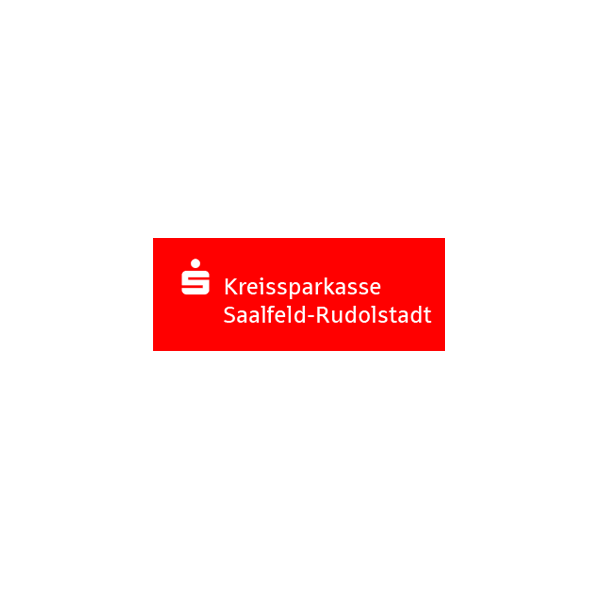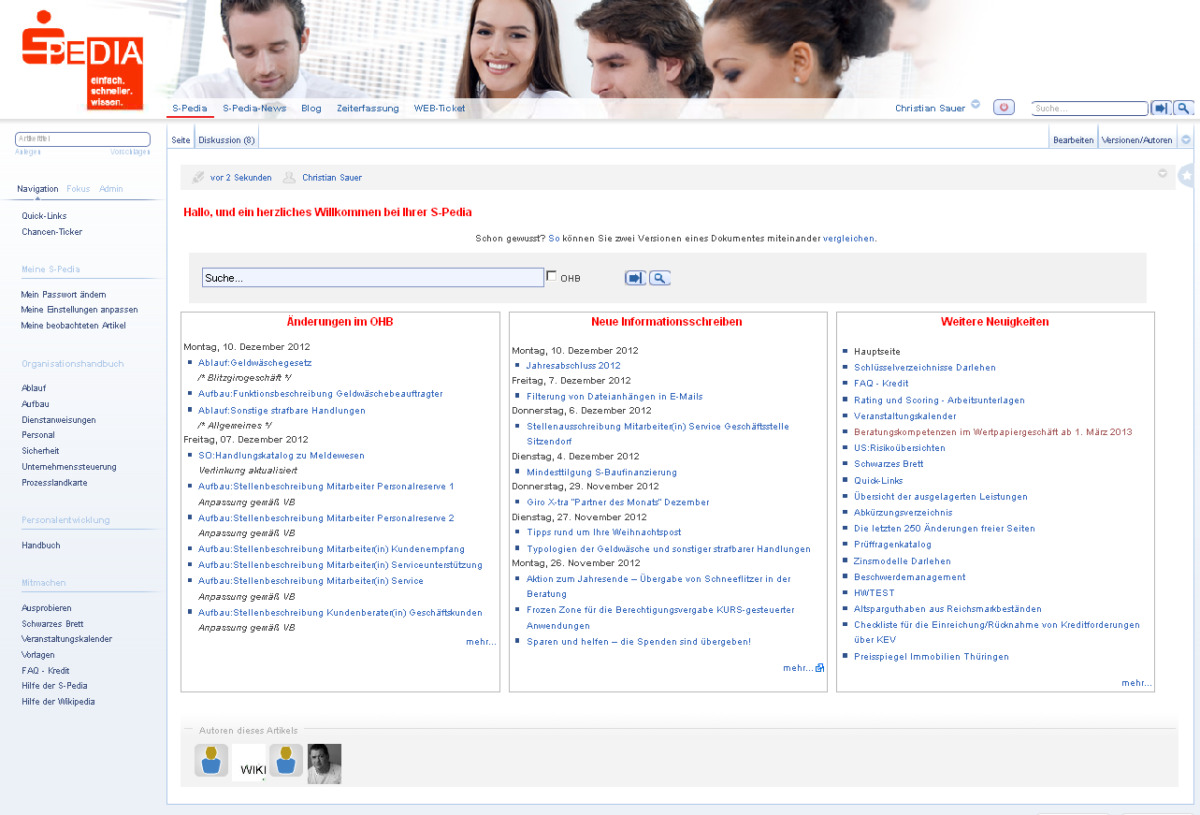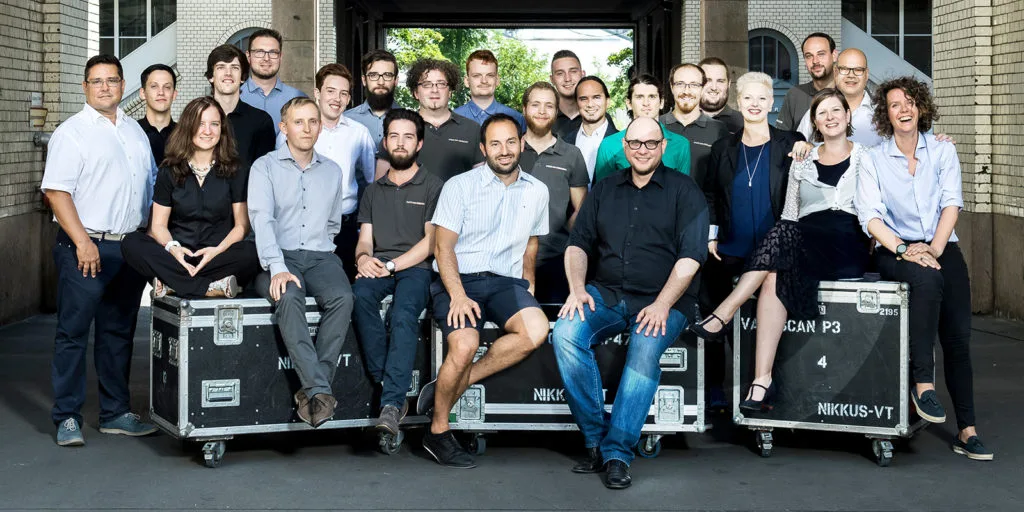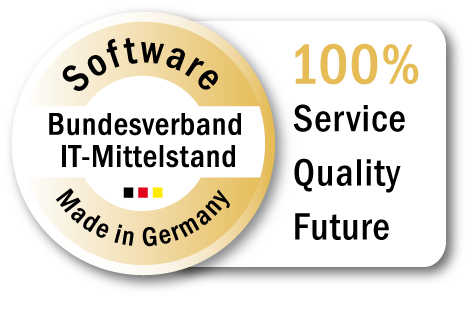Kreissparkasse Saalfeld-Rudolstadt
Knowledge management and organization manuals in the financial sector:
Learn more about how Hallo Welt! introduced an enterprise wiki and blog for the savings bank “Kreissparkasse” in Saalfeld-Rudolstadt.
Kreissparkasse Saalfeld-Rudolstadt
Knowledge management and organization manuals in the financial sector:
Learn more about how Hallo Welt! introduced an enterprise wiki and blog for the savings bank “Kreissparkasse” in Saalfeld-Rudolstadt.
The wiki of the Kreissparkasse Saalfeld-Rudolstadt combines both requirements. One part of the Wiki meets the legal and supervisory audit requirements. This part fixes the order of business operations in writing and is therefore equipped with release and workflow processes. On the other hand, there is a free area in which the staff can freely document. A blog supports this system by providing a more non-binding form of information transfer.
In order to ensure a sufficiently broad basis of support and initiative, on the one hand the support of the management was indispensable. On the other hand, it needs users who see a real need and, last but not least, a suitable service provider. Once the project gets underway, the users are the main focus, because they will be working with the system later on. Therefore, employees from various departments of the company were involved in the planning from the very beginning. If the requirements of the users are taken into account at an early stage, acceptance problems and a development that bypasses the user can be avoided later. In the case of the Kreissparkasse, central tasks were first clearly presented and a name for the platform was defined: S-Pedia.

Industry
Banks, Finance, Insurance
Market
Service company
Headquarters
Saalfeld/Saale, Deutschland
Employees
unknown
Product
Goal
Development of an organization manual
Use case
Website
Phone
+49 (0) 3671 888-0
Portrait
As part of the regional reform in the Free State of Thuringia adopted in 1994, the savings bank structures were adapted to the new district boundaries. As a result, the previously independent Kreissparkassen Saalfeld and Rudolstadt (founded in 1834 and 1823) merged in 1995. In the course of this, 6 branches and 4 agencies of the Kreissparkasse Sonneberg as well as 1 branch of the Kreissparkasse Saale-Orla were affiliated to the newly created savings bank.
The Kreissparkasse Saalfeld-Rudolstadt is market leader in its business area. As a universal bank, it offers financial services and thus addresses private customers, companies and municipalities in its business area – the district of Saalfeld-Rudolstadt with more than 20 branches and self-service locations.
Together with Hallo Welt! the following challenges were tackled:
- Which contents should be displayed?
The wiki should map the organization manual, i.e. the areas: Process and structural organization, operational organization, personnel organization, but also safety, material and resource organization, as well as corporate management. There is an area that must meet strict auditing requirements, but there is also a free area that is currently mainly used as a kind of glossary. Questions such as “What is a cost center?” and “How is a reference interest rate calculated? - How to comply with legal requirements of the audit?
The revision requirements are very strict, so the Wiki had to offer solutions. We have a solution in the form of a workflow and release mechanism that is only activated for the organization manual. The business organization can now carry out the review regularly. - How can existing regulations in office format be integrated into the Wiki?
Many documents were stored in Office formats on different drives. These were integrated into the Wiki and are now centrally located in one place and searched by the search function. Changes are now easier to track and the documents receive more attention. This motivates the authors to update and improve the manuals. - Present the competencies of employees in a transparent manner
In a savings bank with 350 employees, knowledge about the competencies of the employees must be quickly available, which is why we have created user profiles in which the areas of responsibility and interests of the employees are made transparent. Name, organizational unit, telephone number etc. are taken from the central data administration. - Reduce the information overflow and promote communication
During the joint meetings with the users it became clear that there was a surplus of information due to non-filterable information letters, information e-mails and the like. Therefore we have integrated a blog into the wiki; news are now posted centrally. Topic categories can be subscribed to according to interest and responsibility. However, the section “Information from the Board of Management”, for example, is mandatory. In just a few days, the blog developed into a lively communication platform with productive comments and valuable contributions from all of the Bank’s specialist areas.

Screenshot: The main page of the S-Pedia refers to important new features
Lessons Learned
- Open Source Software has saved us costs. Because instead of investing money in a vendor lock-in, it is invested in sensible consulting and adaptation services as part of the cost of action.
- An experienced and competent service provider is of great importance to make the wiki user-friendly, to meet revision requirements and to select suitable extensions.
- Especially the part of the wiki that has to meet the revision requirements is of great importance. Therefore, a lot of time must be planned to discuss the processes available in-house with the service provider in order to be able to map them appropriately in the wiki.
When the existing organization manual was taken over, many documents could be disposed of because they were outdated or redundant. - It is difficult to develop new templates and standards. Reading and orientation habits must be brought into line with the possibilities of the new system. In terms of article numbering, however, it brought significant advantages, as the wiki eliminates many numberings, which increases readability.
Conclusion
Information is found again; it is linked in such a way that necessary knowledge for a situation can be developed for itself. Linking to corresponding documentation sections saves long leafing through instructions. In general, communication is completely different, because questions are only asked and answered once, and can be read by everyone.
Next steps
Almost every day we have new ideas on how to expand the system and make even better use of it. For example, we want to introduce “homepages” for individual areas, which can be used specifically for area marketing. Area-specific or even personal pages are to be used to replace even the still existing hand files with an automatically updated version.
This story is a summary of the article “Finally more time for business through Web 2.0 – The Kreissparkasse Saalfeld cracks its knowledge silos and finds a new way of dealing with rules” by Christian Sauer (Head of Department IT and Business Organization of the Kreissparkasse Saalfeld-Rudolstadt). The article was published in the November & December 2012 edition of the newsletter “Banken-Times Spezial” of the Finanz Colloquium Heidelberg.
Share This Story, Choose Your Platform!
| Except where otherwise noted, news on this site is licensed under a Creative Commons Attribution 4.0 International license. |
More success stories

Organization manual for terranets bw GmbH
Six years ago, the network operator terranets bw transferred its organizational manuals and corporate guidelines into a BlueSpice MediaWiki. This saves the company valuable time.
Read more
+
IMS for Wiener Wohnen
Europe's largest municipal property management company has transferred its organisation manual as well as process and document management into a Wiki platform. A field report.
Read more
+
Knowledge base for NIKKUS Veranstaltungstechnik GmbH
BlueSpice enjoys a high level of acceptance among employees for questions about the company, process flows, tips and tricks for familiarization.
Read more
+



